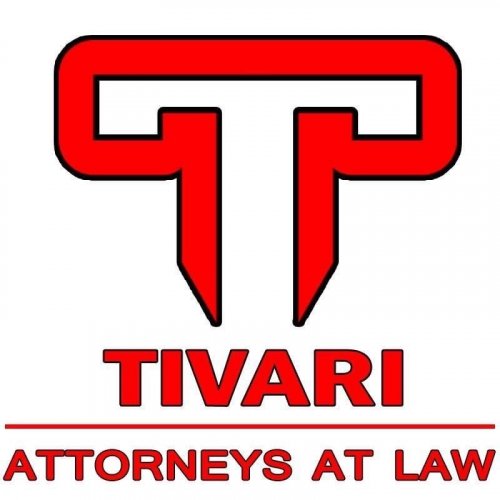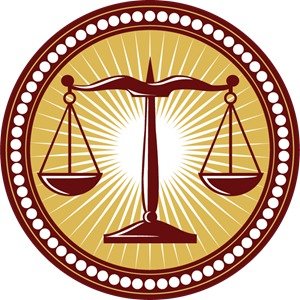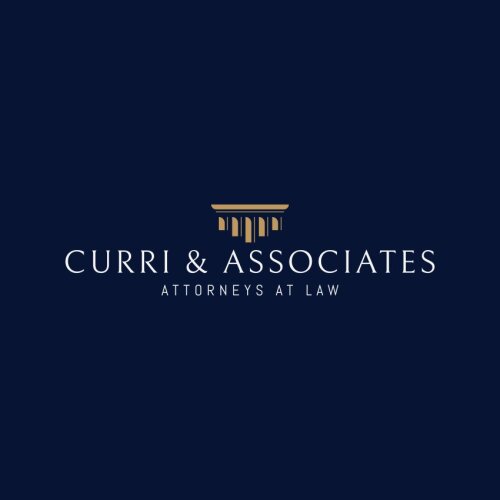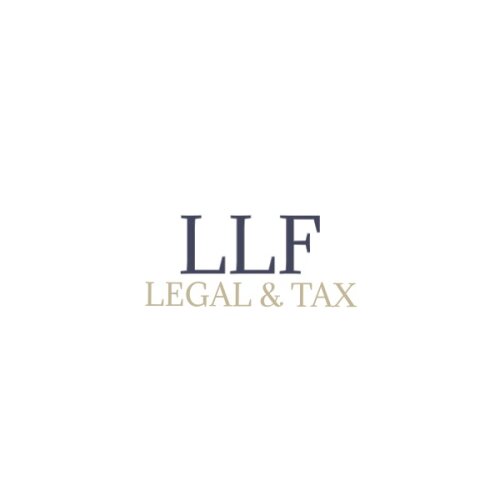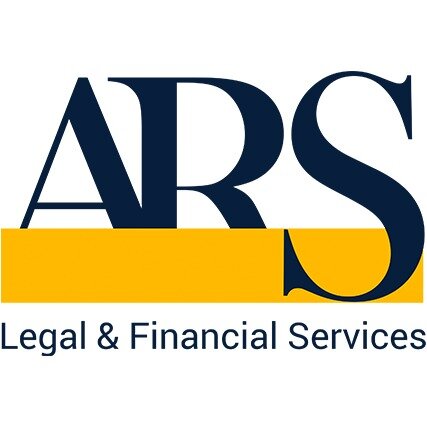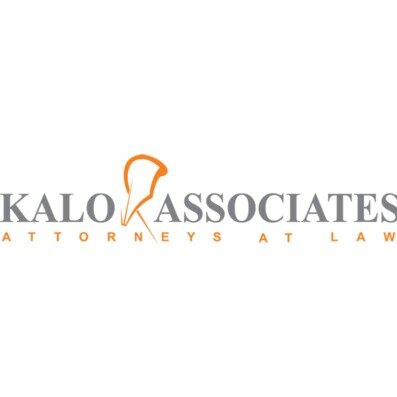Best Hiring & Firing Lawyers in Albania
Share your needs with us, get contacted by law firms.
Free. Takes 2 min.
Or refine your search by selecting a city:
List of the best lawyers in Albania
About Hiring & Firing Law in Albania
Hiring and firing processes in Albania are governed by a combination of national employment laws, labor codes, and workplace regulations. The Albanian Labor Code is the fundamental legislative framework that outlines employer and employee rights, contractual obligations, and the legal procedures necessary for both hiring and termination practices. This legislation aims to ensure fairness in the job market and protect workers' rights while providing employers with a structured process for managing their workforce.
Why You May Need a Lawyer
There are several situations where individuals or businesses may require legal assistance in hiring and firing matters. Common scenarios include:
- Understanding the compliance requirements related to employment contracts and labor law.
- Handling disputes between employers and employees, such as wrongful termination or discrimination claims.
- Navigating the complexities of layoffs, redundancies, and severance packages.
- Ensuring adherence to employee rights during the hiring process, including fair treatment and nondiscrimination.
- Resolving issues related to contract breaches, such as confidentiality agreements or non-compete clauses.
Local Laws Overview
Key aspects of the Albanian labor laws relevant to hiring and firing include:
- Employment Contracts: Written contracts are mandatory, detailing terms of employment, job responsibilities, remuneration, and duration.
- Probation Periods: Standard probationary periods can last up to three months, during which employment can be terminated with shorter notice.
- Termination: Employers must provide sufficient justification for terminating an employee and adhere to notice period requirements.
- Employee Rights: Employees are entitled to fair treatment, equal pay for equal work, and freedom from workplace discrimination and harassment.
- Dispute Resolution: Employment disputes may be resolved through mediation or the Albanian judicial system if necessary.
Frequently Asked Questions
1. What is the legal notice period for terminating an employee in Albania?
The notice period varies depending on the employee's length of service and the terms of the employment contract but generally ranges from two weeks to one month.
2. Can an employer terminate an employee without notice during the probation period?
Yes, employers can terminate employment without much notice during the probation period, but this must still conform to the terms agreed upon in the contract.
3. Are there special rules for layoffs due to economic reasons?
Yes, layoffs for economic, technological, or structural reasons must be undertaken with justification, including a consultation process with employees or their representatives.
4. What is wrongful termination?
Wrongful termination occurs when an employee is dismissed without proper legal grounds or in breach of contractual or statutory obligations.
5. Are employers required to provide severance pay in Albania?
Severance pay is not a statutory requirement unless specified in the employment contract or applicable collective agreement.
6. Is discrimination during hiring and employment illegal in Albania?
Yes, discrimination based on gender, race, religion, disability, or other protected characteristics is prohibited under Albanian law.
7. How can an employee claim their rights if wrongfully terminated?
Employees can file a complaint with the Labor Inspectorate or seek redress through the court system.
8. How important is it to have a written employment contract in Albania?
A written employment contract is crucial as it defines the terms of employment and helps protect both parties in the event of a dispute.
9. Can employers use temporary contracts indefinitely?
No, indefinite use of temporary contracts is prohibited. Employers must respect the limits on the duration and recurrence of such contracts.
10. What is required from employers when dismissing an employee for misconduct?
Employers must have clear evidence of misconduct and follow due process, including offering the employee a chance to defend themselves.
Additional Resources
- Ministry of Finance and Economy: This governmental body provides oversight and guidance on employment policies and regulations.
- Labor Inspectorate: The entity responsible for ensuring compliance with labor laws and investigating workplace disputes.
- Chamber of Commerce and Industry: Offers resources and support to businesses regarding employment practices and legal compliance.
Next Steps
If you require legal assistance with hiring or firing in Albania, consider seeking the counsel of a lawyer specializing in labor law. A legal professional can provide personalized advice, help draft or review contracts, and represent you in disputes. Begin by gathering all relevant documents and evidence related to your employment issue, as this will help your lawyer better understand your case and provide effective support.
Lawzana helps you find the best lawyers and law firms in Albania through a curated and pre-screened list of qualified legal professionals. Our platform offers rankings and detailed profiles of attorneys and law firms, allowing you to compare based on practice areas, including Hiring & Firing, experience, and client feedback.
Each profile includes a description of the firm's areas of practice, client reviews, team members and partners, year of establishment, spoken languages, office locations, contact information, social media presence, and any published articles or resources. Most firms on our platform speak English and are experienced in both local and international legal matters.
Get a quote from top-rated law firms in Albania — quickly, securely, and without unnecessary hassle.
Disclaimer:
The information provided on this page is for general informational purposes only and does not constitute legal advice. While we strive to ensure the accuracy and relevance of the content, legal information may change over time, and interpretations of the law can vary. You should always consult with a qualified legal professional for advice specific to your situation.
We disclaim all liability for actions taken or not taken based on the content of this page. If you believe any information is incorrect or outdated, please contact us, and we will review and update it where appropriate.
Browse hiring & firing law firms by city in Albania
Refine your search by selecting a city.




